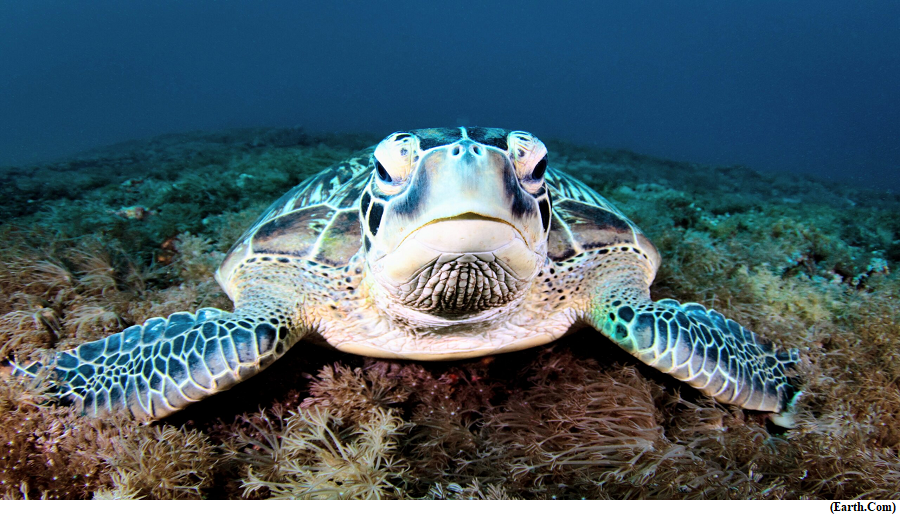Railways withdraws emergency cashless treatment scheme (GS Paper 3, Economy)

Why in news?
- The Indian Railways have withdrawn the Cashless Treatment Scheme in Emergency (CTSE), a medical facility benefitting a few lakh of serving/retired employees and their dependent family members nationwide.
Details:
- The Railway Board reviewed the implementation of the scheme and after a careful deliberation took a decision to withdraw the CTSE with immediate effect.
- It was also decided that no refund would be issued to CTSE card holder for the amount that was deposited for subscription of the scheme.
About CTSE:
- A pilot project for providing cashless treatment in emergency in private railway empanelled hospitals was initially launched in metro cities in 2016.
- Later, the ambit of the scheme was expanded across the railway network facilitating serving/retired employees and their dependent family members to avail treatment in private hospitals in case of any emergency.
- While introducing the scheme, the railways said comprehensive healthcare facilities were being provided through railway network of hospitals to serving/retired employees along with their dependent family members.
- It was felt that a large number of retired beneficiaries lived in the newly developed suburbs of various cities throughout India. These parts of the city were often far away from the established Railway Health Institutions.
Significance:
- The CTSE was rolled out and empanelled private hospitals nominated to provide necessary treatment in emergencies and raise the bill directly to the railways.
- The scheme designed to work seamlessly on a pan-India basis facilitated any retired employee settling in any city or moving from place to place to get emergency medical facility anywhere in the country without the need for any formal referral from the local railway medical authorities.
Green turtles nesting range expands under warming climate
(GS Paper 3, Environment)
Why in news?
- Rising global temperatures could lead to an increase in the nesting range of green turtles in the Mediterranean Sea, as per a study.
- Under the worst-case climate scenario, the nesting range could increase by over 60% points, spreading west from the current area to include much of the North African, Italian, and Greek coastlines.

Impact of rising temperatures:
- Human-caused climate change has caused sea surface temperatures to increase globally, with severe impacts on some marine life.
- Sea turtles are potentially particularly susceptible, as the sex of their offspring is dependent on incubation temperature.
- Although previous research has investigated the effects of climate change on several different populations of sea turtles worldwide, there has been very little research into the green turtle (Chelonia mydas) population in the Mediterranean Sea.
Basis of production:
- The researchers developed a model for predicting the suitability of a point on the Mediterranean coastline as a green turtle nesting location.
- They first assessed the predictive power of the model by evaluating it against 178 confirmed nesting locations, recorded between 1982 and 2019 and mainly limited to Turkey and Cyprus in the eastern Mediterranean.
- They found that sea surface temperature, sea salinity, and human population density most affected the suitability of a specific location as a nesting site.
- They then modelled how four different greenhouse gas emission scenarios could affect the nesting range of green turtles in 2100.
Key observations:
- They found that progressively worse climate scenarios were associated with greater increases in the nesting range in the Mediterranean.
- Under the worst-case climate, scenario modelled, the nesting range increased by 62.4% points, and included the North African coastline to Algeria, much of Italy and Greece, and the south Adriatic Sea.
- However, the authors warn that this increase in green turtle nesting range in the heavily populated central and western Mediterranean would bring them into increased contact with humans and urbanised beaches, which could negatively affect nesting success.



